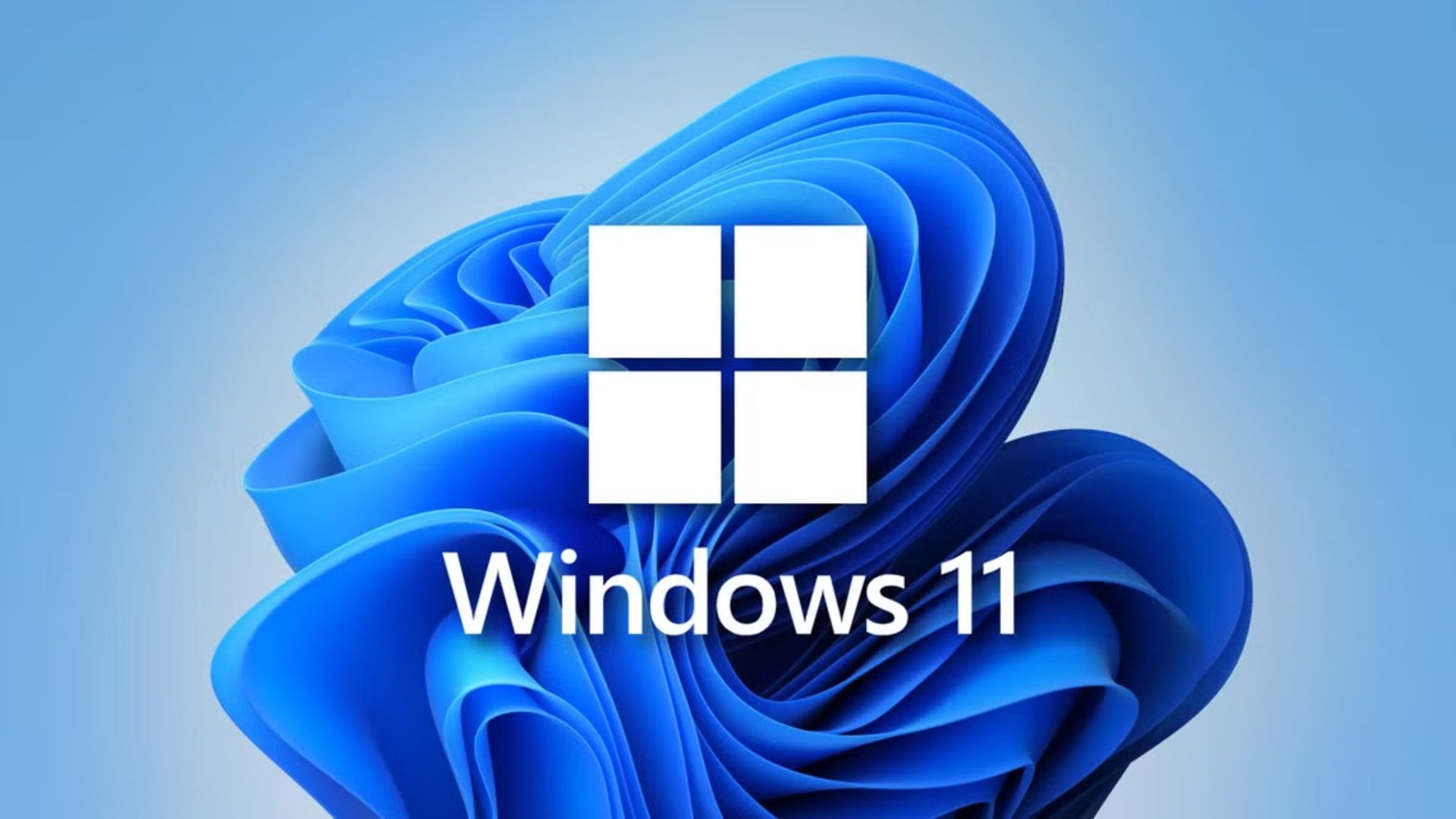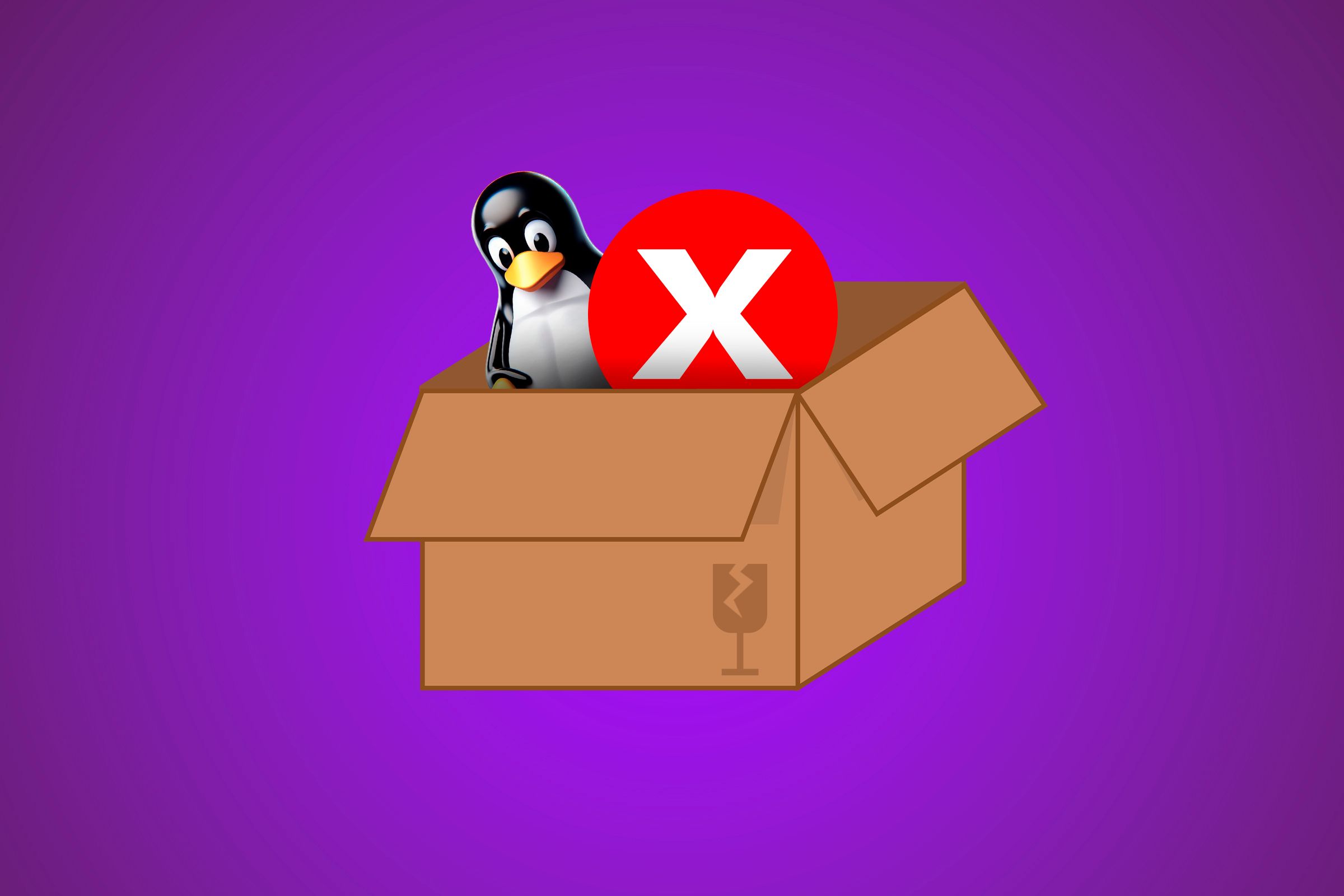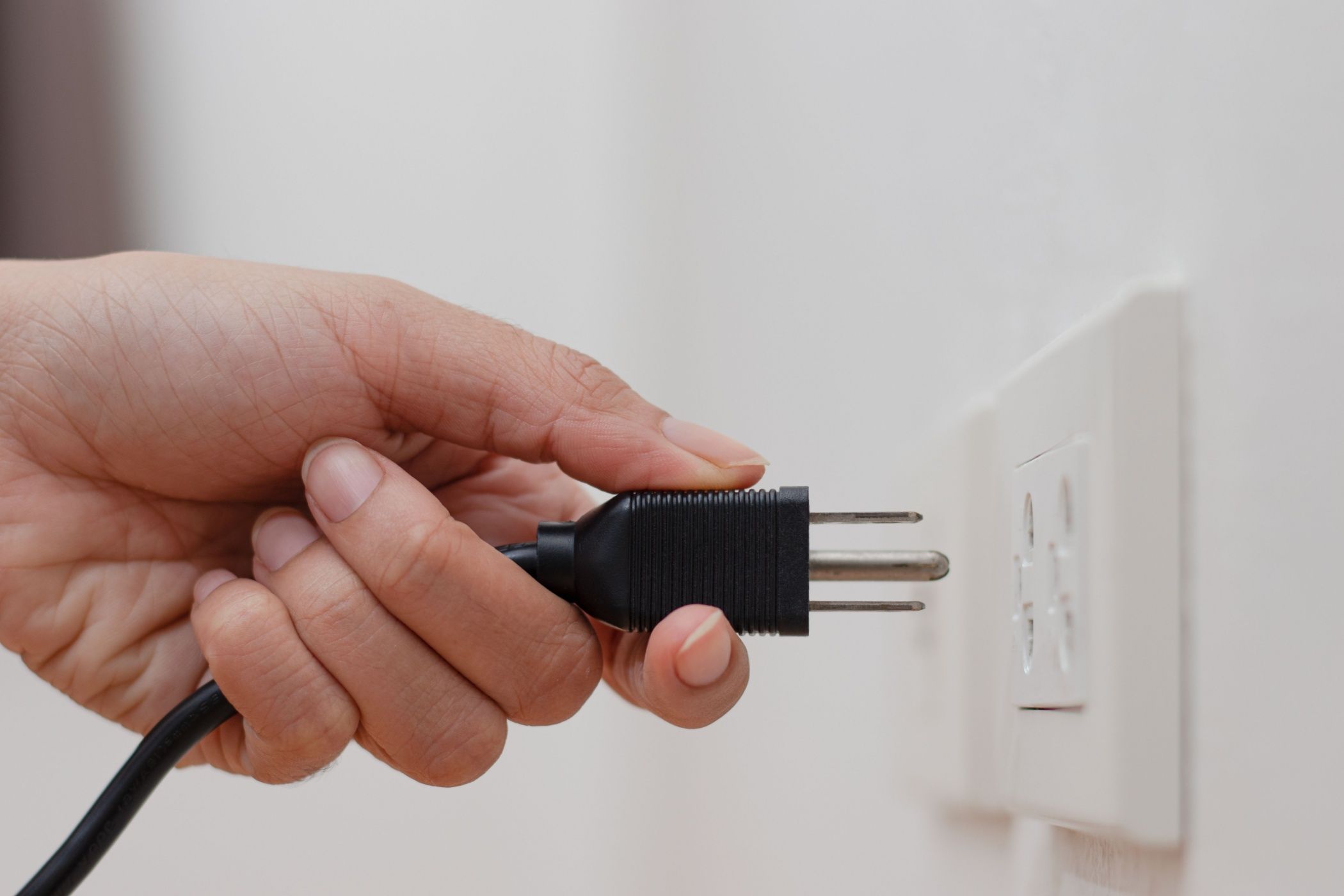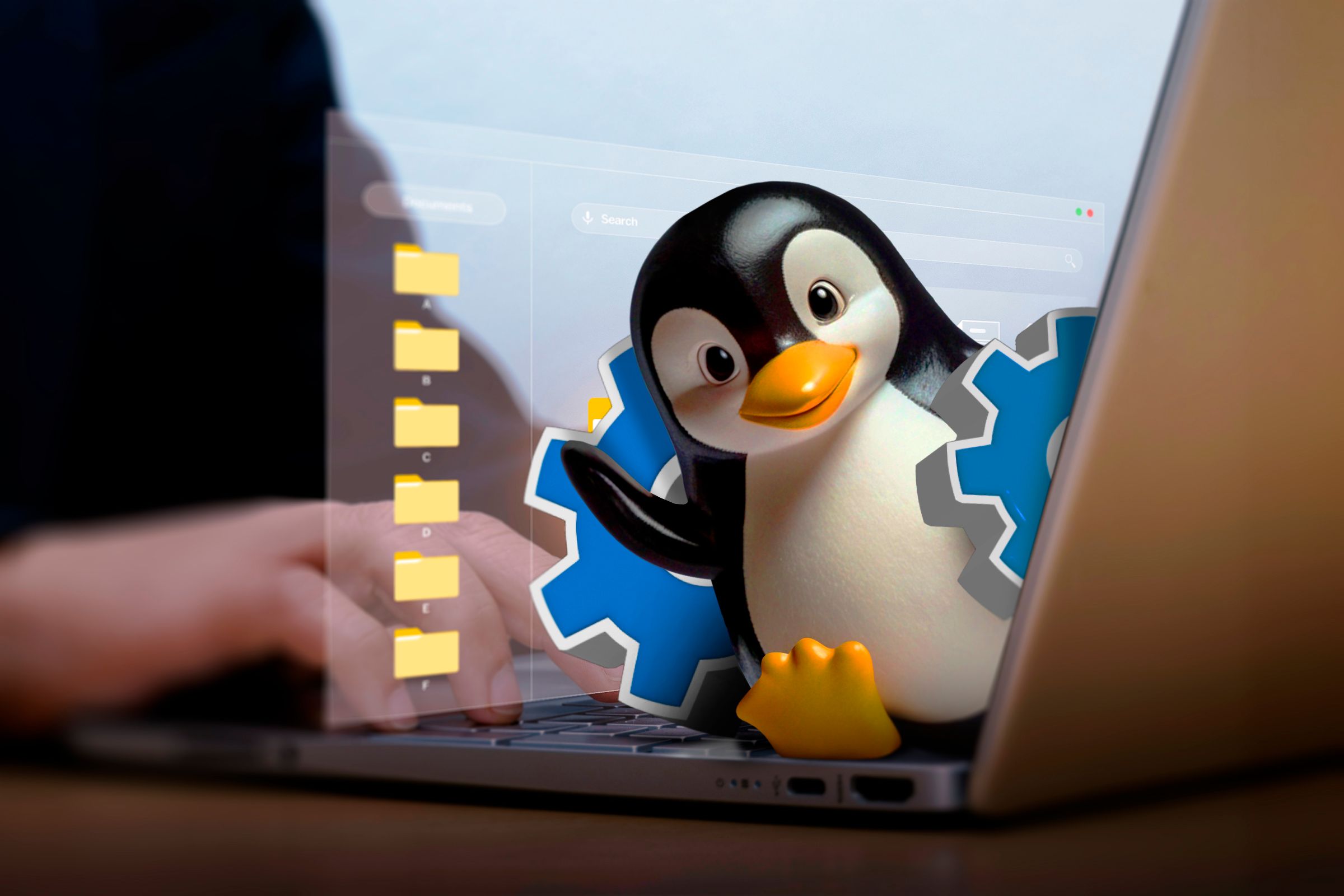Are you looking to celebrate this Earth Day by making a meaningful change in your tech life? Well, one of the simplest things you can do is take the leap to using Linux! Let me show you how changing your computer’s operating system can be a net positive for the environment.
While there are plenty of environmentally friendly tech-based changes you can make in your life—like buying new carbon-aware devices—installing Linux is one of the simplest yet impactful green tech decisions you can make. Here are four reasons why!
Reduces E-Waste Through Hardware Revival
According to the Global E-waste Monitor, 62 million tons of e-waste were produced in 2022. While this number isn’t entirely attributable to people throwing their laptops away, we can still help the situation by using our devices for a tad bit longer. If you have a slow and old laptop (or laptops) lying around your home, you can use Linux to breathe new life into them. This makes it an excellent tool to reduce e-waste and lets you get more value out of the hardware you already own!
The point is more important this year as Microsoft is scheduled to stop supporting the Windows 10 system. This means a ton of laptops will not be safe to use anymore as they will stop receiving security updates without upgrading to Windows 11. And while force-upgrading to Windows 11 is an option, a huge percentage of old systems lack the necessary specs to deliver a smooth computing experience on Windows 11.

Related
Windows 11 Might Passively Remind You Your Computer Sucks
Windows 11 will now suggest improvements so it has better hardware to work with.
Furthermore, Linux not only can help you use your current systems for longer, but it also allows you to repurpose them. For example, let’s say you just want better hardware to do more demanding tasks. Even then, you can keep your old system and repurpose it into a home media center or a Google Drive replacement, all using free software. That still allows you to get more functionality out of your current hardware and prevents e-waste from piling up in landfills.
Decreases Manufacturing Demand
The more we buy new hardware, the more manufacturers make them. And the more laptops or PC hardware are built, the greater the carbon emissions. For example, did you know that researchers found manufacturing a Dell XPS 13 produces 246 KGs of CO2? So, simply making the laptop produces close to 100x its weight in CO2 emissions.
Now, I don’t think that carbon emissions related to manufacturing laptops will come down anytime soon unless we discover some brand-new manufacturing technique. However, if manufacturing slows down because demand goes down as people start to use their existing hardware for longer, then that’s a different story—and this is where Linux can help!
You can install Linux on your old hardware and make it feel new. Because Linux distros typically have lighter resource requirements than Windows, your laptop can be snappier and more responsive, allowing you to get at least one, maybe two, more years out of your existing machine. Not only will this reduce overall manufacturing demands, but extending the lifespan of our existing devices significantly lowers their lifetime carbon footprint when amortized across additional years of use.
Lower Energy Consumption
One of the reasons Linux manages to deliver smooth performance on old hardware is because it’s very resource-efficient. It doesn’t need as much power as, let’s say Windows, for basic day-to-day computing. So, if you install Linux on your desktop PC, you can expect slightly lower electricity bills. If you install it on your laptop, you can expect a longer battery life, leading to less frequent charging and, again, a lower electricity rate than before. For context, I installed Ubuntu on my friend’s old ROG laptop and battery life jumped to three hours from two when it was running Windows 11.
You see, Linux has tools that can fine-tune your system settings and lower power consumption without a big hit to system performance. As a result, you get more computing power from less electricity—a win-win for both your wallet and the environment.
Distills a Sense of Responsibility
Using Linux means you have complete control over your system. If you make poor judgment calls, you can potentially break your system. However, if you know how to maintain your system, then you can expect sustained efficient performance. This made me a more responsible tech user, a quality that has also translated to other parts of my life.

Related
Another thing I have found about Linux is that it builds a sense of community. It’s not just that many Linux distros and software are community-driven projects, but even the people using them spend a lot of their time in forums and online communities trying to help other users.
I see this Linux philosophy naturally aligning with environmental mindfulness. Understanding the system you use, taking responsibility for treating it properly, discussing with fellow users of the system and the broader ecosystem on best practices—all of these parallel the mindset needed for environmental stewardship.
As you can see, installing Linux isn’t just a tech decision, but can also be an environmental one. By extending the life of your hardware, reducing energy consumption, and fostering a mindset of responsibility, you’re making a meaningful contribution to sustainable living.









